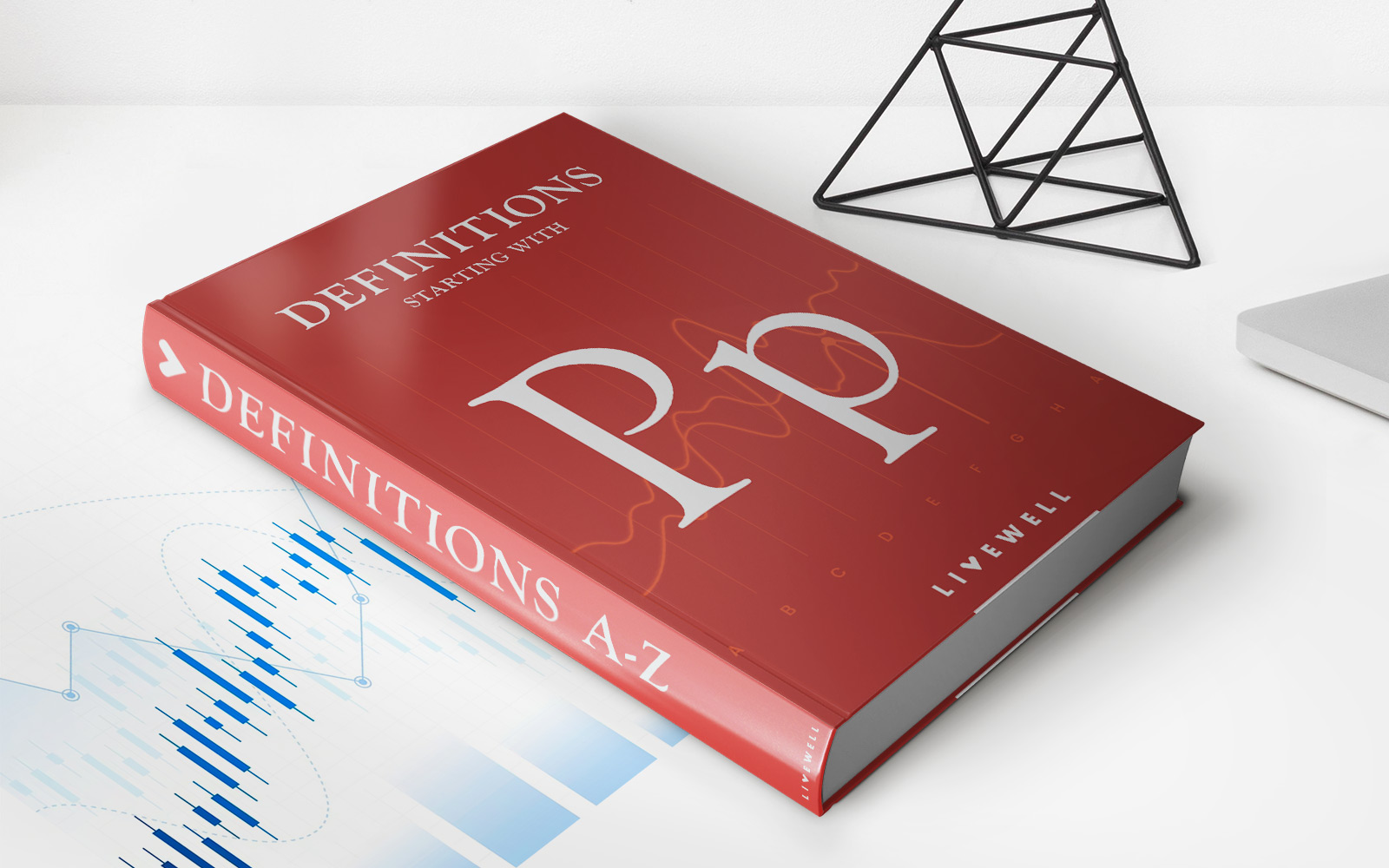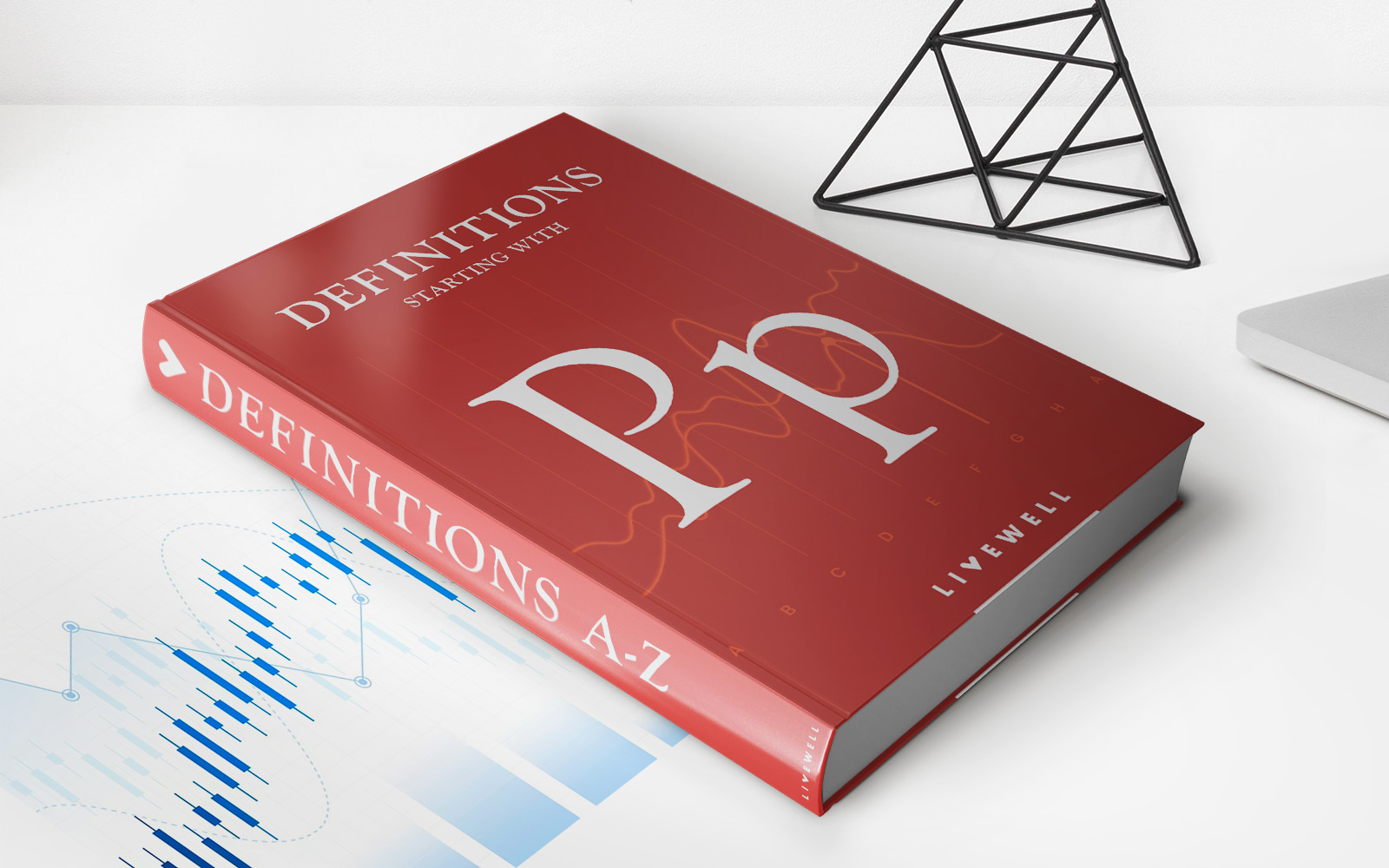

Finance
Alimony: Definition, Types, And Tax Rules
Modified: October 11, 2023
Learn about alimony, its definition, types, and tax rules in the field of finance. Discover key information on financial support and its implications.
(Many of the links in this article redirect to a specific reviewed product. Your purchase of these products through affiliate links helps to generate commission for LiveWell, at no extra cost. Learn more)
Understanding Alimony: Definition, Types, and Tax Rules
Do you find the topic of alimony confusing? Wondering how it works and what implications it may have on your financial situation? Look no further! In this blog post, we will delve into the world of alimony, exploring its definition, different types, and the tax rules surrounding it. By the end, you’ll have a clearer understanding of this important aspect of divorce settlements.
Key Takeaways:
- Alimony, also known as spousal support or maintenance, is a legal provision where one spouse provides financial assistance to the other after a divorce or separation.
- There are several types of alimony, including temporary, temporary-to-permanent, rehabilitative, reimbursement, and permanent alimony, each serving different purposes and durations.
What is Alimony?
Alimony, also referred to as spousal support or maintenance, is a legal obligation in which one spouse provides financial assistance to the other spouse after a divorce or separation. It is designed to help the lower-earning spouse maintain a reasonable standard of living following the end of a marriage. Alimony is not automatically granted in every divorce case; it usually depends on factors such as the length of the marriage, the earning capacity of each spouse, and the overall financial situation.
Types of Alimony
Now, let’s take a closer look at the different types of alimony:
- Temporary Alimony: This type of alimony is often awarded during the divorce process, ensuring the lower-earning spouse has financial support until a final settlement is reached.
- Temporary-to-Permanent Alimony: In some cases, the court may order temporary alimony to be extended and converted into permanent alimony after the divorce is finalized. The purpose of this type is to provide ongoing support to the lower-earning spouse.
- Rehabilitative Alimony: Rehabilitative alimony is awarded when the lower-earning spouse requires financial assistance to obtain education, training, or skills necessary to become self-sufficient and financially independent.
- Reimbursement Alimony: This type of alimony is often granted when one spouse supported the other financially during a period of education or career development. It is intended to reimburse the supporting spouse for the financial contributions made during that time.
- Permanent Alimony: Permanent alimony is awarded when there is a significant discrepancy in earning capacity between the two spouses, and the lower-earning spouse requires ongoing financial support, possibly for the rest of their life.
Tax Rules for Alimony
It’s important to understand the tax implications of alimony payments, as the rules have recently changed. Previously, the paying spouse could deduct alimony payments from their taxable income, while the receiving spouse had to report it as taxable income. However, under the new tax laws enacted in 2018, alimony is no longer tax-deductible for the payer, and the recipient no longer needs to report it as taxable income. This change has significant implications for divorcing couples and may impact the negotiation and calculation of alimony.
It’s crucial to consult a financial advisor or tax professional to understand how the new tax rules for alimony specifically apply to your situation.
In Conclusion
Alimony, also known as spousal support or maintenance, plays a crucial role in divorce settlements. By providing financial assistance to the lower-earning spouse, it ensures an equitable transition after a marriage ends. Understanding the different types of alimony and the tax rules surrounding it is essential when navigating divorce proceedings. Remember to consult legal and financial experts to ensure you make informed decisions that align with your specific circumstances.














